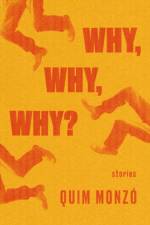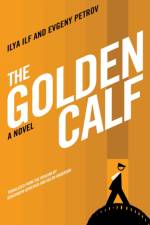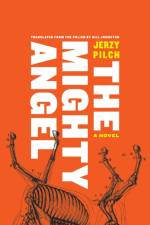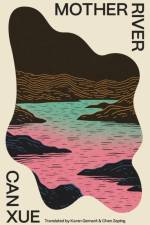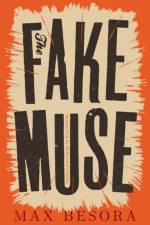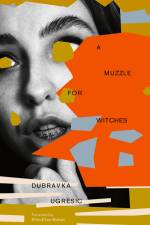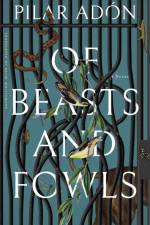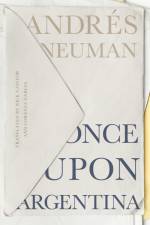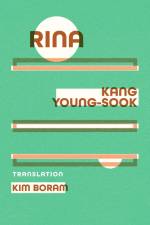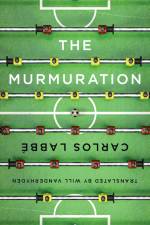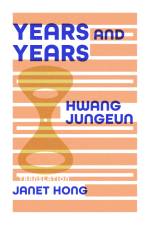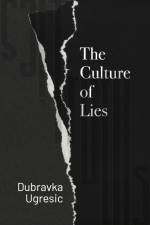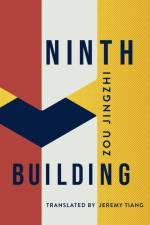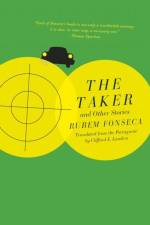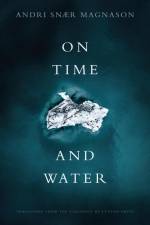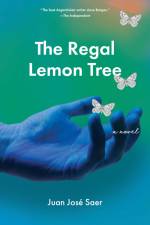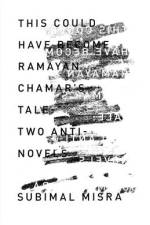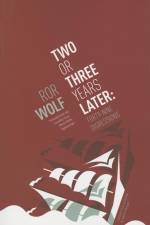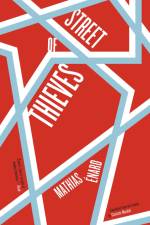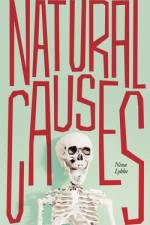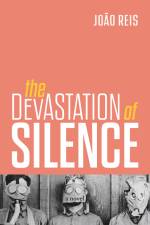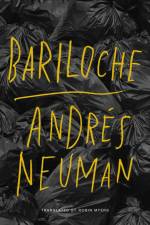av Laura Vinogradova
197
Winner of the 2021 European Union Prize for LiteratureSis, I want to tell you about the river. About me in the river. It makes me shiver, tremble. It makes me laugh. It’s been so long since I’ve felt this alive . . .Rute is no stranger to displacement and loss. As a child she and her older sister, Dina, were subject to their mother’s romantic whims, moving from house to house, boyfriend to boyfriend. Then, when the sisters were in their late twenties, Dina disappeared. In the decade that has since passed, Rute has become a husk of her former self, going through the motions in work, life, and love, composing daily letters to Dina in the hopes they’ll one day see each other again. When the sisters’ biological father, Jūle, dies, Rute unexpectedly inherits his country property. Curious about this man she’s never really known, she takes the opportunity to flee the city, the people, herself. But once in the countryside she meets Matilde, the young, single mother from next door who (along with her brother Kristof) was practically raised by Jūle. Rute learns about Jūle, a generous soul whose door and heart were always open to those less fortunate. Haunting, sparse, and echoing Scandinavian greats like Kjersti Skomsvold, Laura Vinogradova’s River is a tightly crafted work that defies resolutions and endings, instead hailing the importance and beauty of the personal journey to one’s internal truths and external freedoms.

